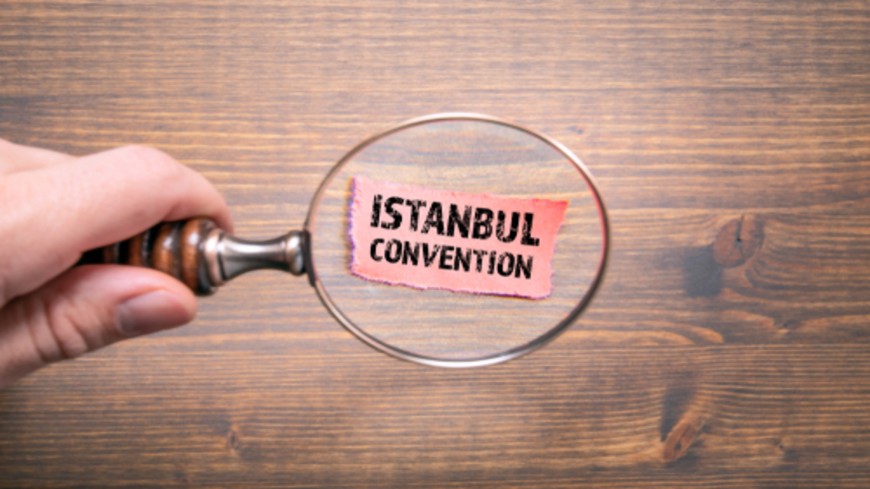A series of webinars dedicated to specific articles of the Council of Europe Convention on preventing and combating violence against women and domestic violence, known as the Istanbul Convention, were organised in 2021 by our project in Azerbaijan.
The webinars aimed to increase knowledge and understanding of the content of concrete provisions of Istanbul Convention and to stimulate a fact-based debate at the national level on the benefits and responsibilities of being a state party to the Istanbul Convention.
Through these webinars, the project reached different actors, including state authorities, law enforcement and legal professionals, civil society, media representatives and journalists, other intergovernmental institutions, healthcare workers, students, among others. In total, the webinars reached out to 1,247 people:
- 156 (120 women and 36 men) through direct online participation to four webinars;
- 1 091 Facebook livestream views.
Each of the four webinars was dedicated to a particular article of the convention:
- Article 12 on prevention of violence against women
- Article 13 on raising awareness on violence against women and domestic violence
- Article 16 on programmes for perpetrators for of sexual and domestic violence and
- Article 52 on emergency barring orders in situations of domestic violence.
The webinars spurred debates on specific issues, including how to identify cases of violence against women, how to make sure violence against women is considered as a public matter, the mandatory or voluntary nature to attendance to rehabilitation programmes by perpetrators, the role of men and boys as well as the media in raising awareness on violence against women and domestic violence.
Here are some quotes from participants to the webinars:
“I believe that Azerbaijan should join the convention, because it is a very comprehensive document for protecting women’s rights and fighting against violence. When I familiarised myself with the text of the convention, I saw that it indeed covers all spheres where violence against women is happening”, lawyer.
“Thank you for this interesting webinar, this is already the third webinar [I attend] and each webinar gives us new ideas and tips how to effectively combat violence against women. I look forward to joining to the next webinar”, representative of state authorities.
The following publications on the different articles were discussed in the webinars:
- Preventing Violence Against Women: Article 12 of the Istanbul Convention - available in Azerbaijani and English
- Raising awareness of violence against women: Article 13 of the Istanbul Convention - available in Azerbaijani and English
- Domestic and sexual violence perpetrator programmes: Article 16 of the Istanbul Convention - available in Azerbaijani and English
- Emergency barring orders in situations of domestic violence: Article 52 of the Istanbul Convention - available in Azerbaijani and English
The activities and materials were organised in the framework of the project “Raising awareness of the Istanbul Convention and other gender equality standards in Azerbaijan,” funded by the European Union and the Council of Europe and implemented by the Council of Europe in their Partnership for Good Governance II 2019-2022.





